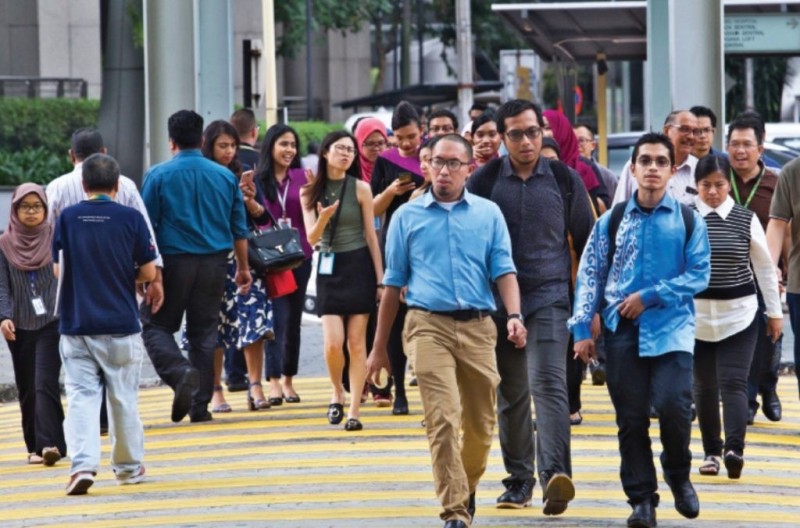
As Malaysia celebrates Labour Day, Datuk William Ng, president of the Small & Medium Enterprises Association (SAMENTA) Malaysia, has stressed the vital role of SMEs in the economy, contributing 38% to national GDP and 48% of total employment.
“SMEs offer meaningful alternatives to corporate employment, providing jobs across a wide range of skills and qualifications. As we move towards the vision of Ekonomi MADANI, it is critical that we continue to strengthen both our workers and the SMEs that support them,” Ng said in a statement in conjunction with Labour Day.
He applauded the government’s initiatives aimed at uplifting labour standards and improving wages. “Initiatives such as the progressive wage model, enhanced social security coverage, and upskilling programmes show the government’s commitment to empowering our workforce. These efforts are necessary to ensure that no one is left behind as Malaysia transitions towards a high-income economy.”
However, Ng cautioned that while well-intentioned, these initiatives are also putting pressure on SMEs.
“It is important to recognise that these well-intentioned initiatives are also hurting our SMEs. Rising compliance costs, increased administrative burden, and upward wage pressures — without corresponding increases in productivity or support — risk undermining the SMEs that provide the largest share of employment in Malaysia.
“Unlike larger companies, our SMEs operate on razor thin margins and have little capacity to absorb sudden regulatory changes,” he warned.
Ng highlighted that Malaysia’s labour reform pace has been among the fastest in ASEAN. “Over the past three years, Malaysia’s pace of labour reform has been among the fastest in ASEAN.
“In contrast, countries like Thailand, Vietnam, and even Singapore have introduced similar structural changes more gradually, allowing businesses time to adapt, adopt new technologies, and upgrade their workforce in tandem,” he explained.
Citing Singapore’s experience, he said, “Singapore, for instance, introduced the National Wage Council in 1972, the progressive wage model in 2012, and SkillsFuture in 2015 – phased to allow businesses, especially SMEs, time to catch up.
“In fact, Singapore has introduced the Workfare Income Supplement to provide direct cash payouts to low-income workers, without penalising SMEs with steep wage increases.”
Ng stressed that Malaysia must take a measured approach. “While Malaysia’s situation is unique, and we cannot borrow directly from the playbook of our neighbours, we must not try to compress 40 years of labour reform into 4 years,” he cautioned.
Calling for deeper engagement with SMEs and stakeholders, Ng said, “We urge the government to engage more deeply with SMEs and other stakeholders to strike a better balance.
“Labour policies must be implemented progressively, with sufficient consultation, support mechanisms, and transition periods. Reforms must strengthen rather than weaken our economy. Our SMEs must be helped to meet rising labour standards through productivity improvement, automation support, and targeted capacity-building.”
“As we celebrate May Day, we must commit to a future where both workers and businesses grow hand in hand — ensuring prosperity for all Malaysians,” Ng said.
Source: https://sme.asia/samenta-support-needed-to-help-smes-adapt-to-labour-reforms/

